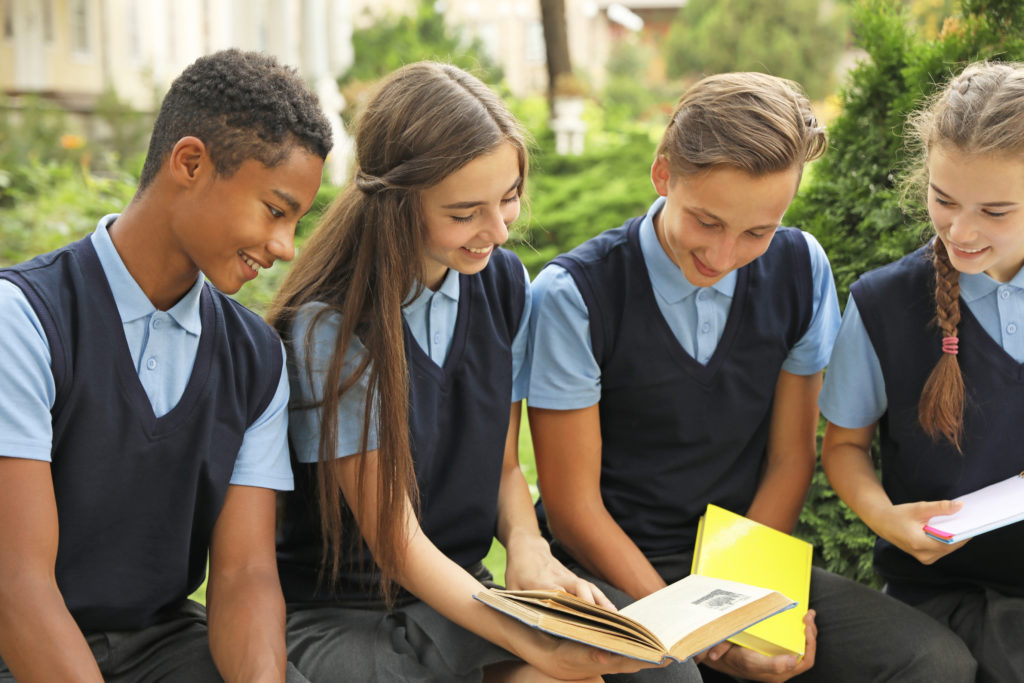Quick Hits
Daily brief research updates from the cognitive sciences

There has been a long-standing debate and discussion in learning contexts for what is the best way to form groups for optimal learning when there are different abilities in those groups.
The two classic strategies are one, put those of similar ability together so that everyone can operate at a similar level and hopefully benefit from more targeted learning. And two, put differing abilities together so that the peers can also benefit from each other and those with stronger ability can also pull along the weaker ones.
This applies to many scenarios, from sports training, to educational contexts, and even in business.
However different research has pointed to different things – for example in peer learning differences, if not too large seem to be beneficial. But if differences are too large, it becomes detrimental. So, to answer this question enter mathematicians from the University of Rochester.
They analysed this using mathematical principles which included multiple assumptions such as: multiple groups would be formed; the individuals involved would have different skill levels; an optimal teaching environment would be one in which a student is taught at a level that matches his or her skill level; and the optimal grouping system would maximize the collective benefit for all students.
They then analysed three grouping scenarios. Tiered grouping according to ability, balanced grouping of different abilities, and random groupings.
And what were the results?
The results showed that according to this mathematical model tiered-grouping, grouping according to ability was best.
It should be noted that this is, as we would expect, best for the group on average. For an individual however, it might not be best. For example, an individual might benefit more from being in a group of people with higher ability (probably not too much higher).
But for the moment, though I am sure the debate will continue, mathematics shows that grouping people into similar ability groups is best for learning…on average.

Andy Habermacher
Andy is author of leading brains Review, Neuroleadership, and multiple other books. He has been intensively involved in writing and research into neuroleadership and is considered one of Europe’s leading experts. He is also a well-known public speaker, speaking on the brain and human behaviour.
Andy is also a masters athlete (middle distance running) and competes regularly at international competitions (and holds a few national records in his age category).
References
Peter D. Wiens, Christine Zizzi, Chad Heatwole.
Instructional Grouping Theory: Optimizing Classrooms and the Placement of Ranked Students.
Educational Practice and Theory, 2022; 44 (1): 5
DOI: 10.7459/ept/44.1.02
More Quick Hits
Brain Scans Can Predict Your Political Affiliation
Quick HitsDaily brief research updates from the cognitive sciences rain scanning of political partisans is not new and it has long been reported that brain scans can predict political affiliation. But those studies were scans of political partisans...
Children with Same-Sex Parents Are Socially Well-Adjusted
Quick HitDaily brief research updates from the cognitive sciences his is not the first study to report that children of same-sex parents are well adjusted, there are plenty, but it is one of the first to be representative and hence gives some...
Simple Exposure to New Things Makes Your Brain Ready to Learn
ouldn’t it be great if we could learn things with no effort? Well, actually we often do, and children learn vast quantities of information, and knowledge with little to no effort – think of how well we learn languages which become fiendishly...
So, Can Cranberries Improve Memory?
tend to be hesitant to report on studies of single foods doing amazing things (because many do), but this piece of research still caught my eye. So, what did this group of researchers from the University of East Anglia find? Well, they...
The Real Problem with Social Media: It Induces Dissociative States
Quick HitsDaily brief research updates from the cognitive sciences ocial media seems to hijack our brains – or at least according to popular narratives. Most of us have experienced this where you get stuck in an endless stream of content,...
Adventurous Play Boosts Mental Resilience in Kids
o, a simple cheap way to help your kids improve all life skills and strengthen mental wellbeing. Too good to be true? Well, this piece of research, just out, finds a fascinating correlation with mental health and kids. This correlation was...






